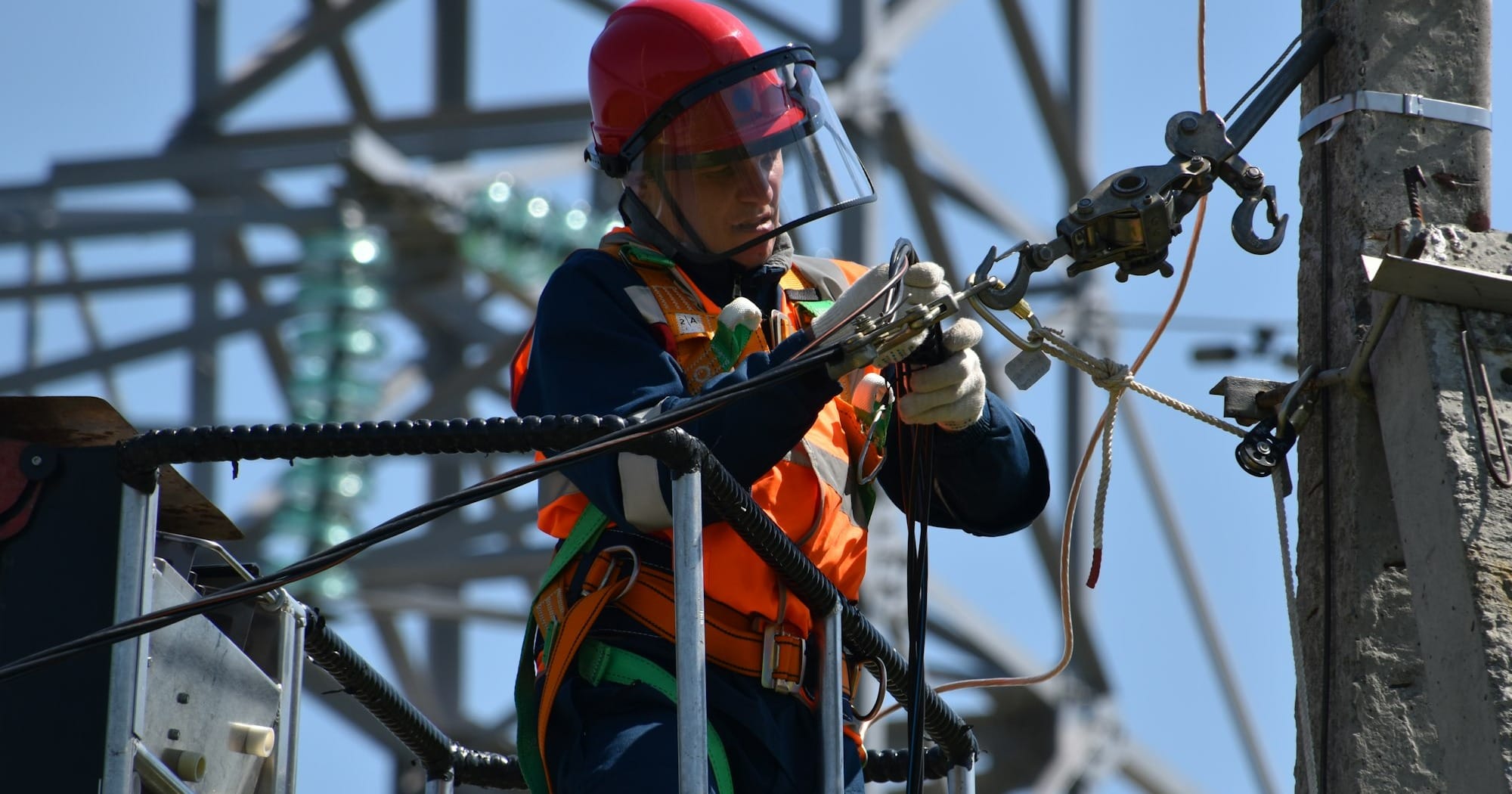Embark on a rewarding journey by understanding what it takes to become an electrician. Learn about the essential skills, growing demand, and various career paths in this vital profession.
High-Demand Sectors for Electricians
The need for electricians spans across various high-demand sectors, each with unique requirements and opportunities. In the construction industry, electricians are indispensable for both residential and commercial projects. From wiring new homes and offices to installing sophisticated systems in state-of-the-art buildings, their expertise ensures that structures are both safe and functional. Additionally, the industrial sector relies heavily on skilled electricians to maintain and repair complex machinery and electrical systems, particularly in manufacturing plants and production facilities. This sector offers not only stability but also the chance to work with cutting-edge technologies.
Another burgeoning sector requiring electricians is the renewable energy industry. With the increasing emphasis on sustainable energy solutions, electricians play a critical role in the installation and upkeep of solar panels, wind turbines, and other renewable energy systems. These tasks often require specialized training and knowledge, making this a particularly exciting avenue for those interested in the future of energy. Moreover, the telecommunications sector also presents a significant demand where electricians help design and maintain the extensive wiring and cabling systems necessary for modern communication infrastructure. Whether you're interested in traditional industries or emerging technologies, the demand for electricians remains robust and varied.

Specialized Fields within the Electrician Profession
Electricians have the option to specialize in various fields, tailoring their careers to align with particular interests and skills. One such specialization involves the design and installation of complex electrical systems in industrial settings, such as steel mills. These projects demand an extensive understanding of machinery and control systems to ensure smooth operations. Another intriguing niche is within the entertainment industry, where electricians orchestrate sophisticated lighting schemes for movies and television, contributing to the magic seen on screen.
Moreover, the rise of alternative energy sources offers another promising avenue for specialization. Electricians skilled in solar panel installation or wind turbine maintenance are increasingly sought after as green technologies gain traction. Additionally, those adept at managing instrumentation and fiber optics find themselves valuable in specialized areas requiring precise electrical solutions. These specializations not only broaden career prospects but also allow electricians to make significant contributions to emerging and essential sectors.
Job Market Trends for Electricians
The job market for electricians is experiencing significant growth, with an expected increase of 8.9% between 2016 and 2026. This trend reflects the ongoing need for skilled professionals capable of maintaining and upgrading electrical systems, which are becoming increasingly sophisticated and computerized. Factors such as the continual rise in new construction projects, the essential maintenance of older equipment, and the surge in advancements in power generation methods, like solar and wind technologies, contribute to this robust demand. The outlook for electricians remains positive, offering promising career prospects with excellent employability ratings.
This growing demand translates into numerous opportunities across various sectors. More than two-thirds of electricians currently work for electrical contracting firms that supply building contractors, while about ten percent opt for self-employment. Additionally, certain regions, including California, Texas, and New York, have a higher concentration of electrician jobs due to the expansive construction and industrial activities in these areas. Over the next decade, the United States will need an estimated 67,000 new electricians to fill positions resulting from industry growth and the retirement of older professionals, ensuring that the job market will remain robust and dynamic for the foreseeable future.
